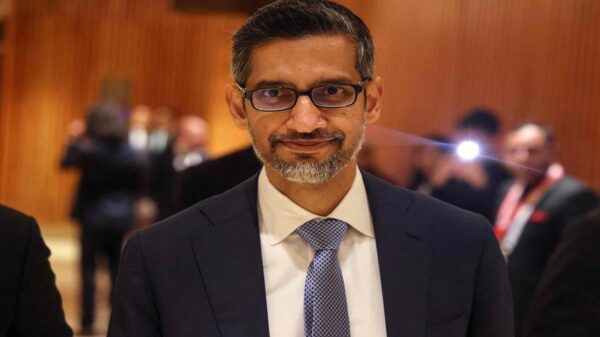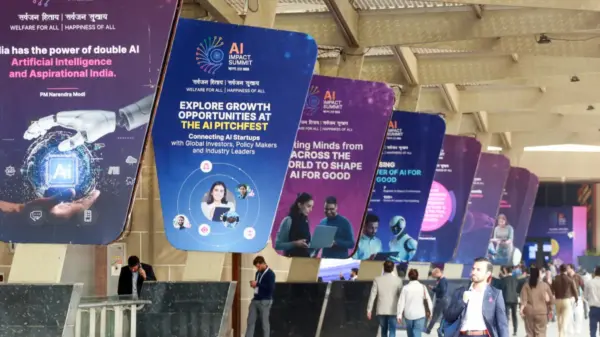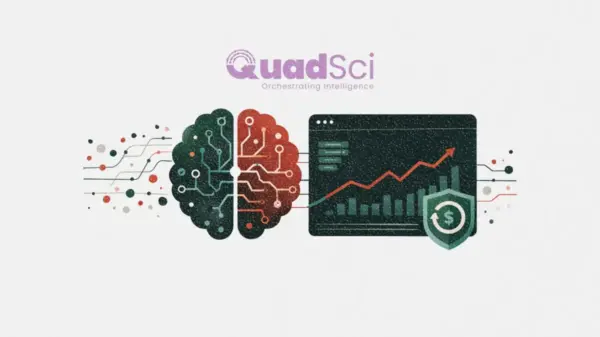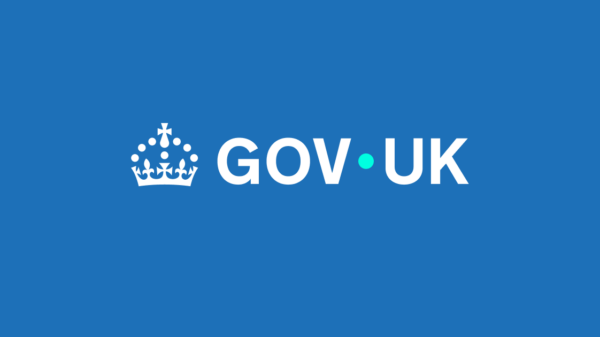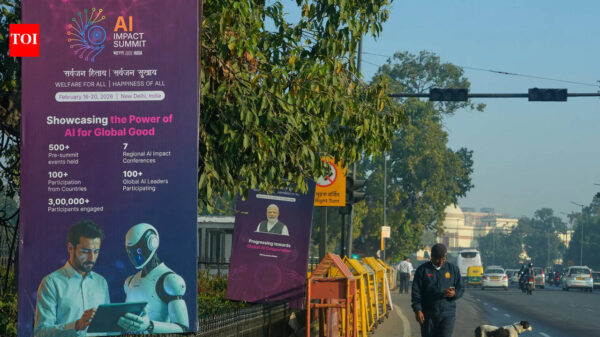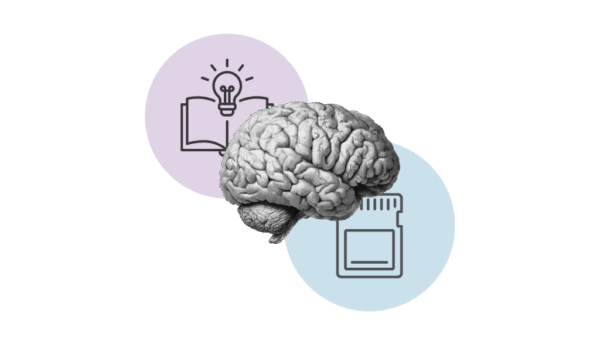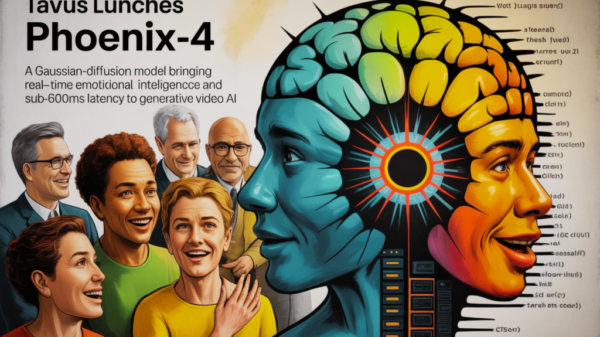In the fast-paced realm of digital marketing, artificial intelligence (AI) is evolving from a mere tool into a transformative force that fundamentally reshapes how companies connect with their customers. Insights from a recent podcast by the Boston Consulting Group (BCG) indicate that AI empowers chief marketing officers (CMOs) to dismantle organizational silos and access real-time intelligence, transitioning their roles from tactical campaign managers to strategic growth architects. This paradigm shift is fueled by AI’s capability to enhance agentic personalization and revenue orchestration, effectively redefining marketing operating models.
Published on November 12, 2025, on BCG.com, the podcast highlights several case studies where organizations have innovated their marketing approaches. For instance, AI effectively bridges data gaps across marketing, sales, and customer service departments, facilitating seamless and personalized experiences that ultimately enhance revenue. This advancement transcends simple automation, focusing instead on predictive analytics that foresee customer needs.
The Evolving Role of CMOs
As we look towards 2025, the modern CMO is being redefined as a ‘Change Management Officer,’ a concept reflected in an article from CMSWire dated October 6, 2025. Today’s CMOs use AI-generated insights to assess global market trends, analyze behavioral shifts, and prepare data-driven presentations. Their success hinges on three key pillars: forming strategic partnerships with CEOs, prioritizing customer-centricity at scale, and integrating technology with human intuition.
In a report from Capgemini’s CMO Playbook, highlighted by Passionate in Marketing on November 20, 2025, nearly 70% of marketing leaders regard agentic AI as transformative. However, a mere 7% strongly agree that it has positively impacted outcomes, often due to constraints surrounding martech budgets and a focus on low-value tasks.
Integrating Real-Time Intelligence
According to BCG’s podcast, AI plays a pivotal role in breaking down silos within organizations. By merging data from different departments, AI offers a comprehensive view of customer journeys, allowing for real-time adaptations. Predictive models can synchronize marketing initiatives with sales pipelines, as noted in a trends report by AI Business on December 16, 2024.
On social media platforms like X (formerly Twitter), discussions about this evolution are gaining traction. Users express sentiments about AI agents managing entire marketing teams, from strategic planning to performance analysis. One notable mention is a startup’s ‘AI CMO’ tool that aims to replace traditional roles, emphasizing a shift towards autonomous systems.
Revolutionizing Personalization and Revenue Tracking
Agentic AI is revolutionizing how businesses personalize their marketing efforts. A blog post from the Harvard Division of Continuing Education on April 14, 2025, indicates that AI can drive revenue growth by up to 40% through enhanced personalization, a statistic supported by findings from McKinsey. Furthermore, a compilation of AI marketing statistics by Cubeo.ai on July 21, 2025, reveals that AI significantly boosts ROI through improved personalization and optimized campaigns, thereby enabling CMOs to predict market trends and individual consumer behaviors on a large scale.
AI’s impact on key performance indicators (KPIs) is profound. An article from CX Today on November 19, 2025, elaborates on how AI enables CMOs to monitor revenue attribution, lead quality, and ROI more efficiently through automation. This aligns with BCG’s vision of CMOs as growth architects leveraging AI for enterprise-wide transformation.
Challenges in AI Adoption
Despite the potential, challenges remain prevalent. A report from Capgemini, covered by Best Media Info on November 19, 2025, shows that the influence of CMO decision-making dropped from 70% in 2023 to 55% in 2025, amid rising expectations and diminishing authority. Additionally, an article by Abhishek Singh on Medium, published on November 20, 2025, describes AI as a necessity, indicating that many firms still struggle with integration, often stuck on basic applications rather than pursuing transformative uses.
In summary, as AI continues to integrate into marketing ecosystems, the role of CMOs is evolving. They must navigate the complexities of decreasing influence while demonstrating value through measurable growth. Insights from BCG’s podcast suggest a future where AI empowers CMOs to drive comprehensive business transformations, effectively blending technology with empathy for sustained competitive advantages.
 Oracle’s Credit-Default Swaps Surge as Traders Hedge Against AI Market Risks
Oracle’s Credit-Default Swaps Surge as Traders Hedge Against AI Market Risks Denodo Achieves “One to Watch” Status for AI-Driven Marketing in Snowflake Ecosystem
Denodo Achieves “One to Watch” Status for AI-Driven Marketing in Snowflake Ecosystem Generative AI Simulation Tools Set to Disrupt $140B Market Research by 2026
Generative AI Simulation Tools Set to Disrupt $140B Market Research by 2026 AI Stocks Face Challenges as Market Valuations Exceed 200% of GDP Amid Investor Caution
AI Stocks Face Challenges as Market Valuations Exceed 200% of GDP Amid Investor Caution Kane Footwear Launches AI Character Yeti Boo to Drive Marketing for Recovery Shoe
Kane Footwear Launches AI Character Yeti Boo to Drive Marketing for Recovery Shoe










